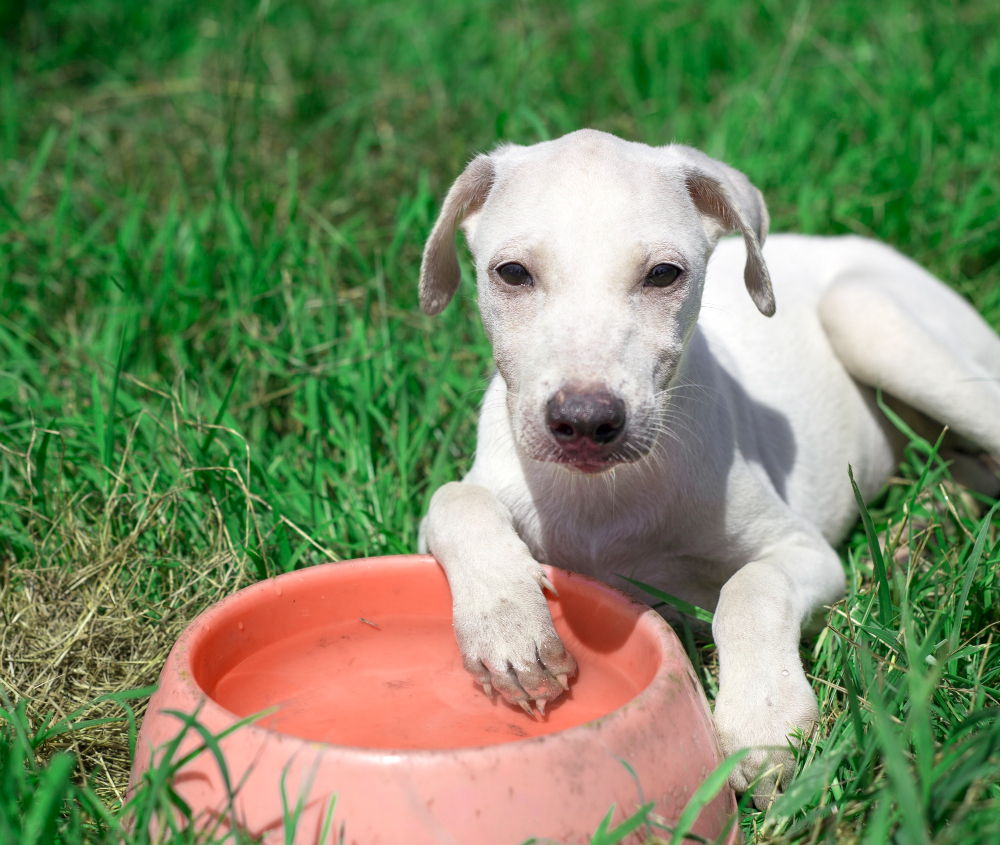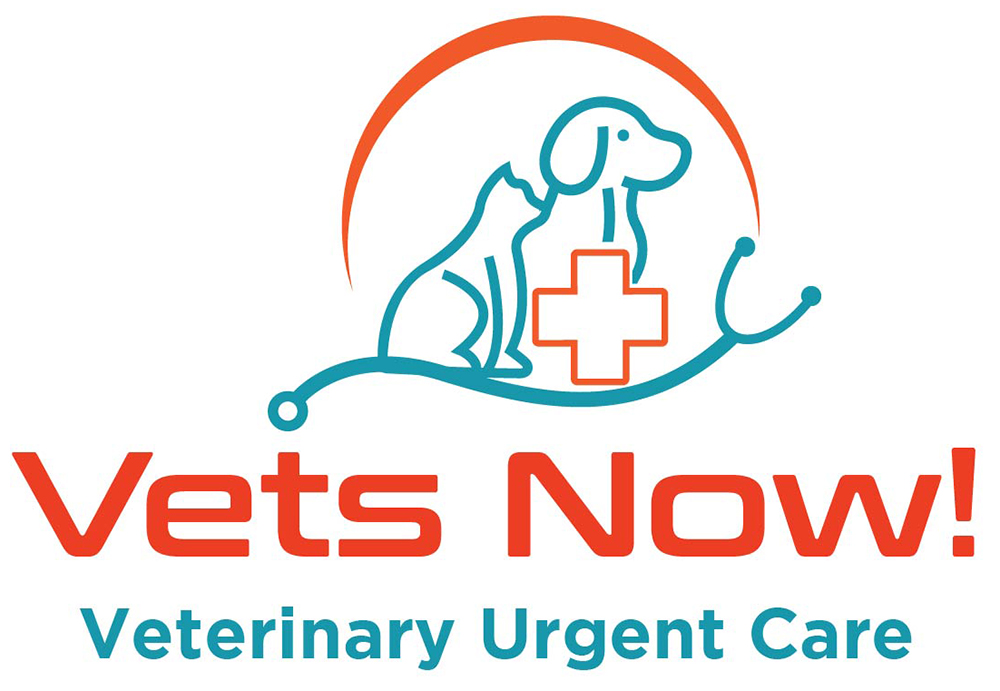Veterinary Services
Excessive Drinking

Excessive Drinking
It is important to note that the definition of excessive drinking may vary depending on the species, breed, age, and environmental factors. However, if you notice a significant increase in your pet’s water consumption that seems abnormal, it is advisable to consult with a veterinarian for a proper evaluation.
Excessive drinking can occur in both dogs and cats, and it can be a symptom of an underlying medical issue or a behavioral problem.
Here are some potential causes of excessive drinking in pets:
- Dehydration: If a pet is dehydrated due to factors such as hot weather, excessive exercise, or insufficient water availability, they may drink large amounts of water to compensate for the fluid loss.
- Diabetes: Dogs and cats can develop diabetes mellitus, a condition characterized by high blood sugar levels. One of the common signs of diabetes is increased thirst, leading to excessive drinking.
- Kidney Disease: Chronic kidney disease is prevalent in older pets and can affect their ability to concentrate urine properly. As a result, they may drink more water to flush out waste products from their bodies.
- Urinary Tract Infection (UTI) : UTIs can cause increased thirst in pets. If your pet is drinking more water and showing signs of discomfort while urinating, it is essential to have them checked for a possible infection.
- Liver Disease: Certain liver conditions can cause increased thirst in pets. The liver plays a vital role in regulating fluid balance, and when it malfunctions, it can lead to excessive drinking.
- Medications: Some medications may have side effects that increase thirst in pets. If your pet has started a new medication, it’s worth considering whether it could be a contributing factor.
- Psychological Factors: Stress, anxiety, or boredom can sometimes lead to excessive drinking in pets. Changes in the household, separation anxiety, or a lack of mental and physical stimulation can all contribute to this behavior.
If you notice excessive drinking in your pet, it is recommended to seek veterinary advice. A veterinarian will perform a thorough examination, review the pet’s medical history, and may recommend additional tests such as bloodwork, urine analysis, or imaging to identify the underlying cause. Treatment will depend on the specific diagnosis but may involve medication, dietary changes, or behavioral modifications to address the issue appropriately.
